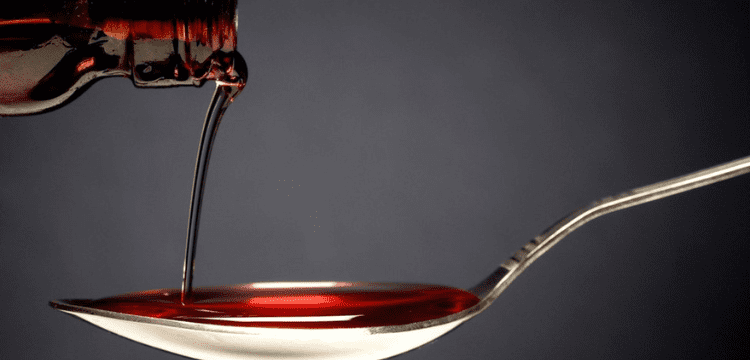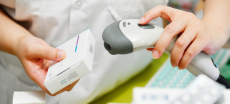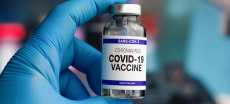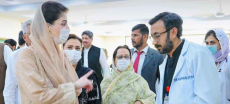[vc_row][vc_column][vc_column_text dp_text_size=”size-4″]Following a string of child deaths linked to cough syrups last year, the World Health Organization has called for “urgent and concerted action” to protect children from contaminated drugs.
According to a statement released by the WHO on Monday, more than 300 children, mostly under the age of 5, died of acute renal injury in 2022 in the Gambia, Indonesia, and Uzbekistan. These deaths were linked to tainted medications.
The drugs, which were over-the-counter cough syrups, included significant amounts of ethylene and diethylene glycol.
According to the WHO, “These pollutants include toxic compounds used as antifreeze and industrial solvents that can be lethal even in little concentrations, and should never be discovered in medicines.”
The WHO informed Reuters on Monday that in addition to the aforementioned nations, the Philippines, Timor Leste, Senegal, and Cambodia may also be impacted because they might be selling the drugs. It demanded action from its 194 member governments in order to stop such fatalities.
Since these occurrences are not unique ones, WHO urged all significant parties involved in the medical supply chain to act quickly and in concert.
In October and earlier this month, the WHO released specific product alerts requesting that drugs supplied by Indian companies Maiden Pharmaceuticals and Marion Biotech, which are related to deaths in the Gambia and Uzbekistan, respectively, be taken off the shelves.
Last year, it also issued a warning for cough syrups sold domestically that were produced by four Indonesian companies: PT Yarindo Farmatama, PT Universal Pharmaceutical, PT Konimex, and PT AFI Pharma.
The companies involved have either refuted claims that their goods were tainted or have chosen to remain silent while inquiries are ongoing.
The WHO reaffirmed its demand that the aforementioned items be taken off the market and expanded its appeal for nations to make sure that any medicines offered for sale have been licenced by appropriate agencies. Additionally, it urged authorities to allocate funds for manufacturer inspections, bolster market oversight, and take appropriate action where necessary.
Manufacturers were urged to test their products more carefully, only purchase raw materials from reputable vendors, and maintain records of the production process. The WHO noted that suppliers and distributors should look for indications of falsification and only sell or distribute medicines that are approved for use.[/vc_column_text][/vc_column][/vc_row]











